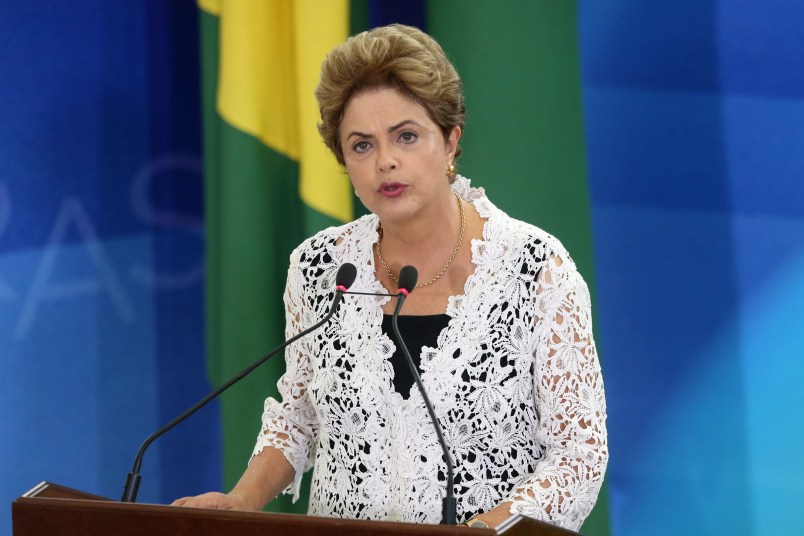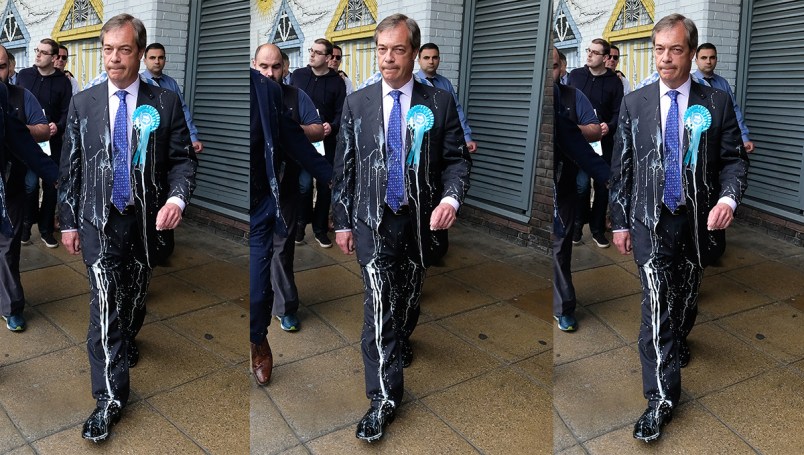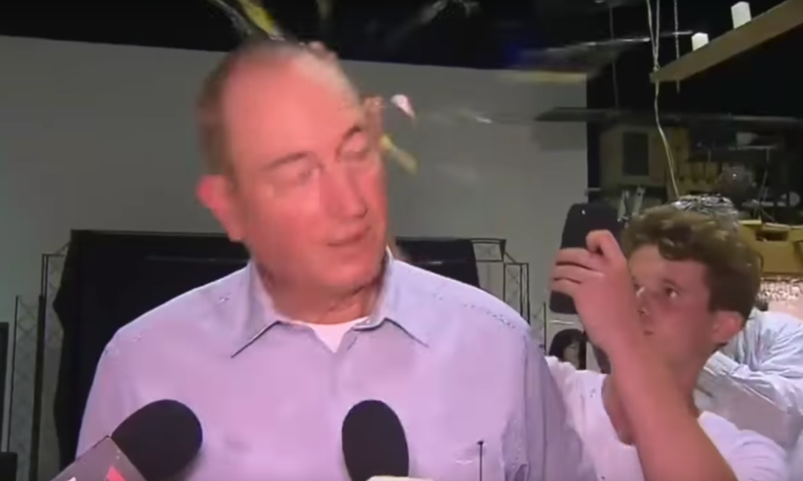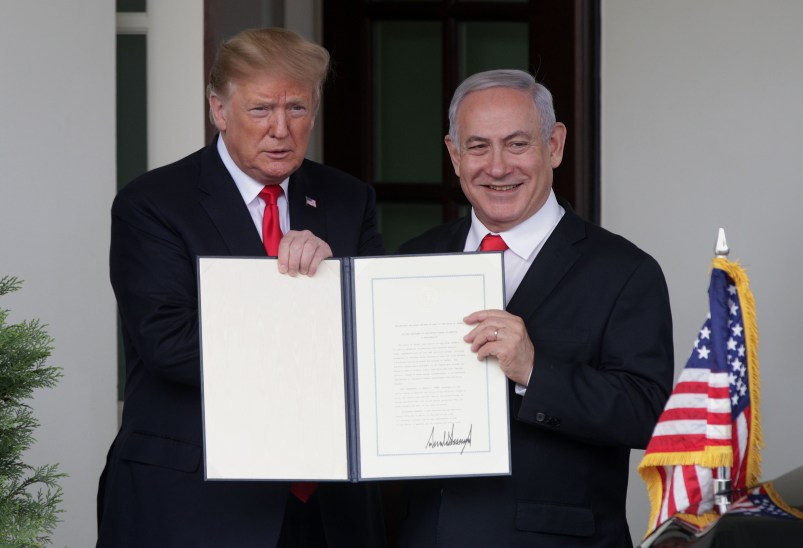RIO DE JANEIRO (AP) — Brazil’s Senate on Wednesday voted to put suspended President Dilma Rousseff on trial for allegedly breaking fiscal rules in managing the federal budget.
After some 15 hours of debate, senators voted 59-21, the final step before a trial and vote on whether to remove her from office, expected later this month.
The outcome was widely expected: The Senate voted in May to impeach and remove Rousseff from office for up to 180 days while the trial was prepared.
Wednesday’s vote underscored that efforts to remove her have gained steam despite her attempts to woo senators who have expressed doubt about the governing ability of interim President Michel Temer.
Senators pushing for her removal only needed a simple majority to call for the trial. Not only did they get much more than that, they also garnered an ample margin over the super-majority — at least 54 — they will need to permanently remove her.
“This is not an easy situation,” Jose Eduardo Cardozo, who was attorney general in Rousseff’s administration and is leading her defense, told Brazilian news portal G1 after the vote in the capital of Brasilia.
Cardozo said there was still hope. He said he would look at appeals to the nation’s top court and that several senators who voted in favor of this move may be reluctant to take the heavier step of removing her from office.
“In that way, the final vote isn’t tethered to today’s result,” he said.
Still, the situation does not look hopeful for Rousseff, the first female president in Latin America’s largest nation. Previous appeals to the Supreme Federal Tribunal, the nation’s top court, have failed. And Rousseff’s attempts to woo senators since May and rebuild her own brand with voters have apparently fallen short.
Temer, who was Rousseff’s vice president-turned-nemesis, took over after Rousseff’s May impeachment. He has been sharply criticized for appointing a Cabinet of all white men in a country where more than 50 percent are non-white. Three of his ministers have been forced to resign for allegations related to corruption, and despite promises to get Congress moving after months of paralysis, he has struggled to push through reforms.
Rousseff has repeatedly said she did nothing wrong. She has argued that other former presidents did similar things in their handling of the federal budget. She has argued that behind her removal are attempts to tamp down a wide-ranging corruption probe into billions of dollars in alleged kickbacks in state oil company Petrobras.
Dozens of top businessmen and politicians have been jailed in the two-year investigation. While much of the graft happened during the 13 years her Workers’ Party was in power, Rousseff repeatedly declined to do anything to squelch the investigation. She argued that the probe was badly needed in Brazil, where graft in politics is endemic. Investigators in the Petrobras case have said the company even had a department to handle bribes.
Copyright 2016 The Associated Press. All rights reserved. This material may not be published, broadcast, rewritten or redistributed.









